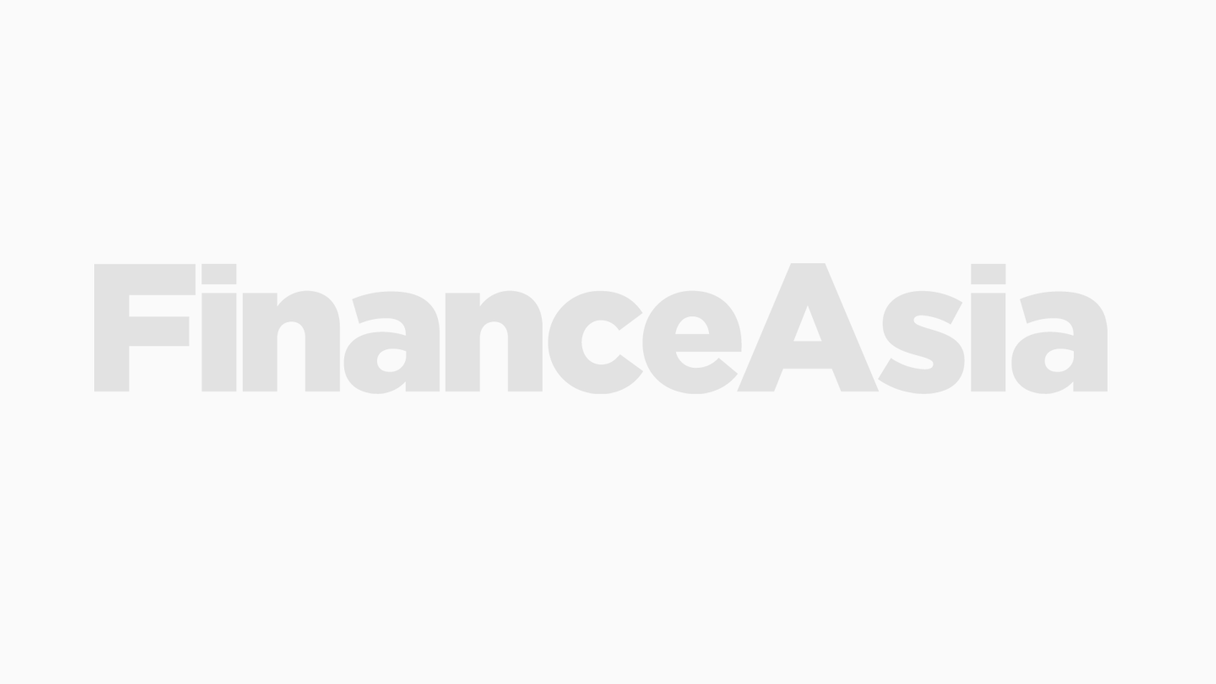US drug company Charles River Laboratories International announced on Friday that it was aborting a $1.6 billion takeover of Chinese drug research and development outsourcing company Wuxi PharmaTech.
¬ Haymarket Media Limited. All rights reserved.



